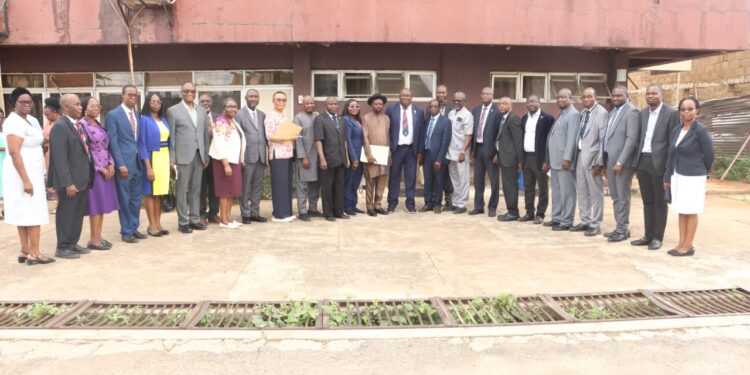A team from the West African College of Physicians (WACP) visited the Department of Internal Medicine at the Obafemi Awolowo University Teaching Hospitals Complex (OAUTHC), Ile-Ife, on May 7, 2025, as part of its routine accreditation process to ensure standard practice in medical training and service delivery.
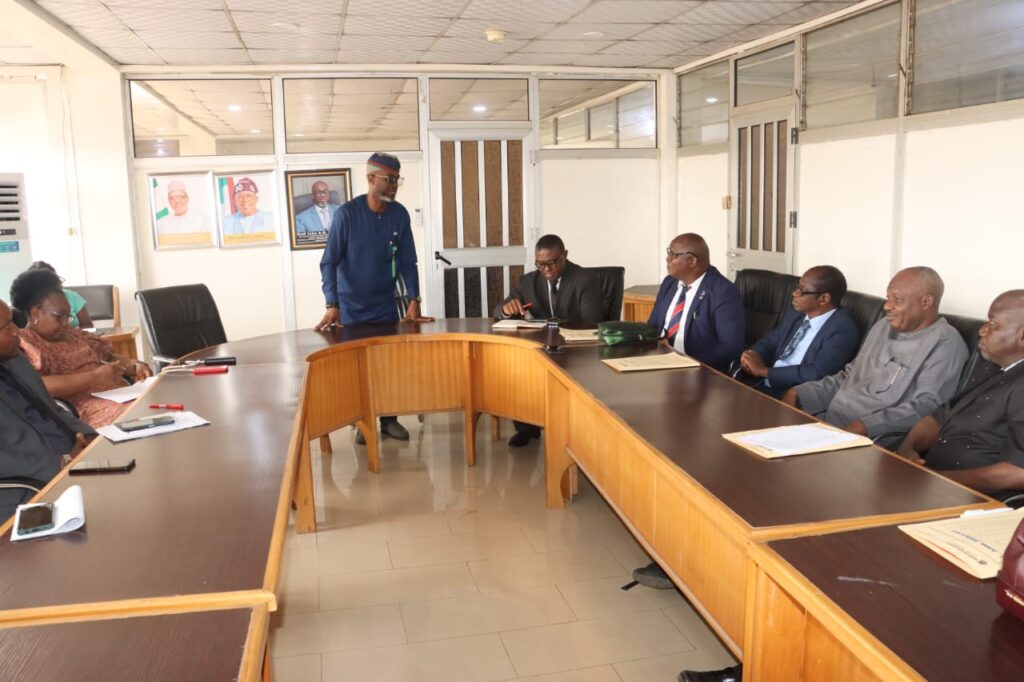
In his opening remarks, the Head of the Department of Internal Medicine, Prof. Razak Adebayo, welcomed all present. He expressed appreciation to the Chief Medical Director, Prof. John Okeniyi and the hospital management for their visible support. He also acknowledged the Chief Examiner of the WACP, Prof. Wadzani Gashau, who also served as the head of the accreditation team.
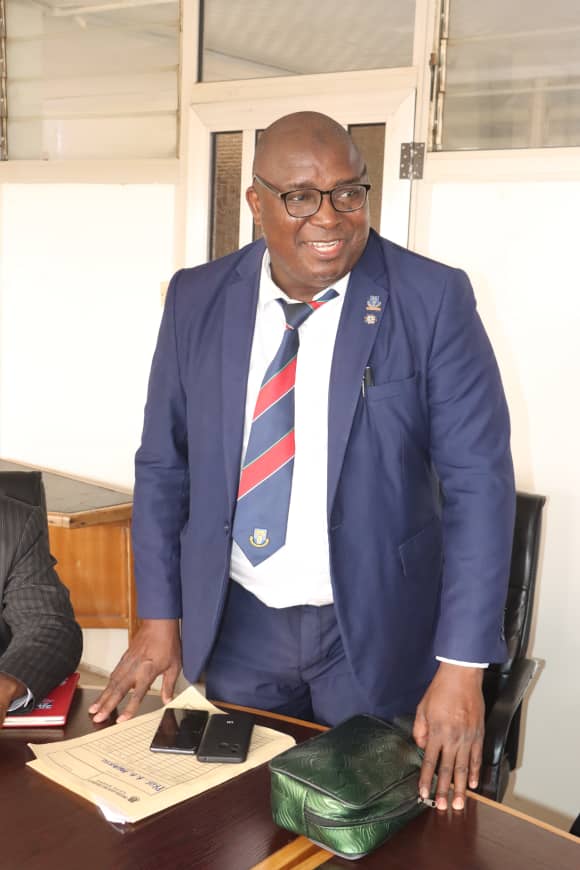
The CMD, Prof. John Okeniyi, welcomed the accreditation team and noted that the hospital would be marking its 50th anniversary this year. He highlighted that despite experiencing years of infrastructural decline, the hospital had continued to push forward. He described this exercise as the 19th in a series of accreditation visits and emphasized that the process was not a witch-hunt but an opportunity for the cross-fertilization of ideas aimed at maintaining high standards.
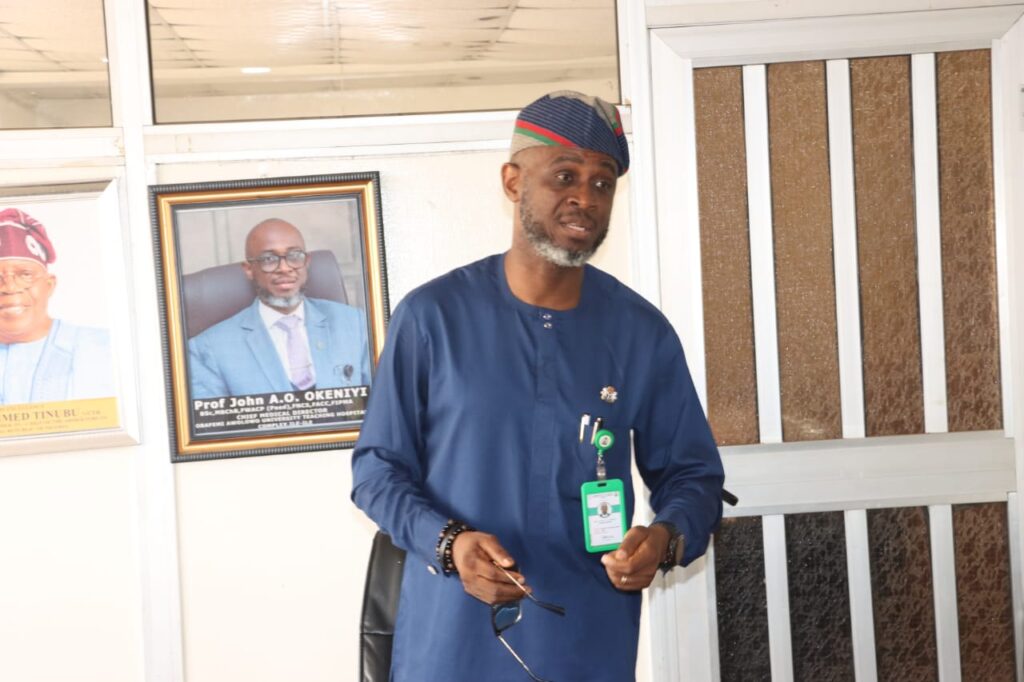
The leader of the accreditation team, stated that the visit was to assess the department’s facilities and personnel. According to him, sustaining medical training requires clearly defined standards that must be vigorously pursued.
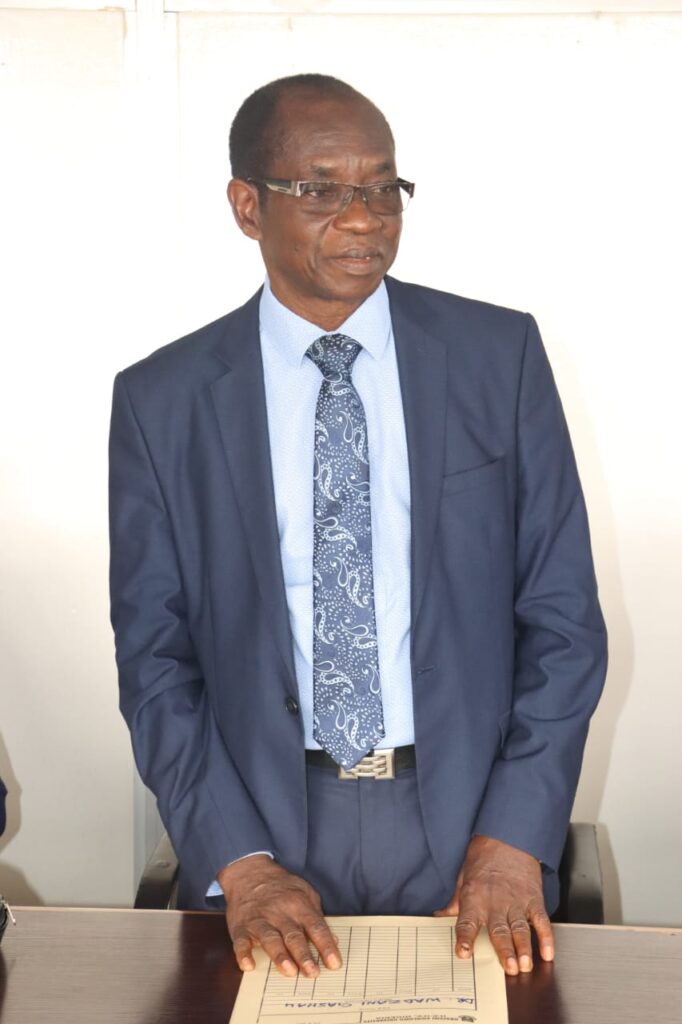
The team commended the department’s staff for their diligence, zeal, and dedication, describing their efforts as highly encouraging. Prof. Gashau remarked that some of the facilities visited could serve as reference centres not only in Nigeria but across West Africa. He emphasized the need for modern structures to improve the work environment and commended ongoing Public-Private Partnership (PPP) initiatives, as well as support from philanthropic individuals and international agencies. These collaborations, he noted, have enhanced the quality of services at the hospital.
In conclusion, the team called for further improvements in infrastructure, the establishment of a medical library, and better residency welfare, all of which are vital to enhancing the quality of training and ensuring efficient service delivery.


